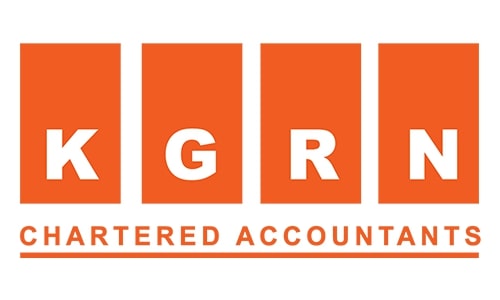The United Arab Emirates introduced the UAE VAT law . The VAT UAE rate was kept at a constant 5% and served as a new chapter in the history of the UAE’s tax regime. This indirect form of taxation helped provide the UAE with a new source of income. The country was able to put this income to use by reinvesting it in the building of public services. Since this is a new system, various companies started providing VAT services in Dubai. In this article, we will take a look at the new VAT rules in UAE 2020, and about the VAT Exemption in UAE.
UAE VAT law
As per VAT UAE, all businesses whose taxable imports and supplies are worth more than AED 375,000 annually must register for VAT. Registering for VAT UAE is optional for companies whose imports and supplies exceed only AED 187,500 annually. Businesses must pay the government the VAT that it collects from consumers. The firm will also receive a refund on the VAT amount that it pays to suppliers from the government. Furthermore, foreign businesses will recover the VAT they spend while in UAE as per the UAE VAT law. KGRN provides one of the best VAT services Dubai and can help you with all your VAT-related needs.
How to register businesses for VAT in the UAE
Businesses can register for VAT in the UAE through the e-Services portal of the Federal Tax Authorities website. However, such companies will first have to register themselves on the portal. They will then need to fill the appropriate VAT registration form, upload necessary supporting documents and pay the processing fee. After successful registration, businesses must collect the amount due on behalf of the Emirati government. The UAE VAT law mandates a surcharge of 5% on taxable goods and services sold in the UAE. Also, the tax applies to all businesses run on both UAE mainland and Free Zones. However, the transfer and sale of goods between Designated Zones are exempt from tax in the UAE.
UAE VAT news and Updates
Let us now take a quick look at the newest VAT updates from around the UAE.
In October this year, Oman promulgated its VAT laws, introducing the taxation system within the country. The Law contains 13 chapters and 106 articles and lays down guidelines regarding the collection of VAT in the country. Further regulations will come out in the next two months. Like in the UAE, the VAT rate has been set at 5%, and it will apply for most goods and supplies sold in Oman.
Recently, the UAE Federal Supreme Court passed a decision on the payment of late fees or penalties on VAT. As per the Court’s ruling, the FTA can apply a late payment penalty on VAT-registered businesses. The penalty will begin from the date of the tax return or filing of the Voluntary Disclosure Form. This ruling could have a significant impact on the UAW’s taxation system. As per this rule, errors once disclosed can lead to penalties as high as 300%.
The Kingdom of Saudi Arabia also brought in specific changes to their taxation system recently. The implementation of these new laws which change the method of taxation of property and land sales significantly. Furthermore, the tax amnesty has been extended till the end of this year – 31st December 2020. The new rules will lead to real estate transactions being exempt from VAT, and instead, become liable to Real Estate Transaction Tax.
Amidst the Coronavirus pandemic, Dubai brought in a new directive that made face masks and sanitisers Zero-rated. Hence, medical equipment including disposable suits, respirators, air purifiers, hand sanitisers and gloves will be exempt from VAT. The UAE Cabinet took such a decision to mitigate the impact of the COVID-19 on UAE’s healthcare infrastructure.
Related Information
For VAT Services Dubai, call +971 45 570 204 / E-mail: [email protected]
Tag: vat dubai registration, dubai vat accounting, vat dubai charges, vat dubai real estate, vat dubai free zone, vat filing dubai, dubai vat filing procedure, dubai vat on services, vat services dubai, vat submission dubai







